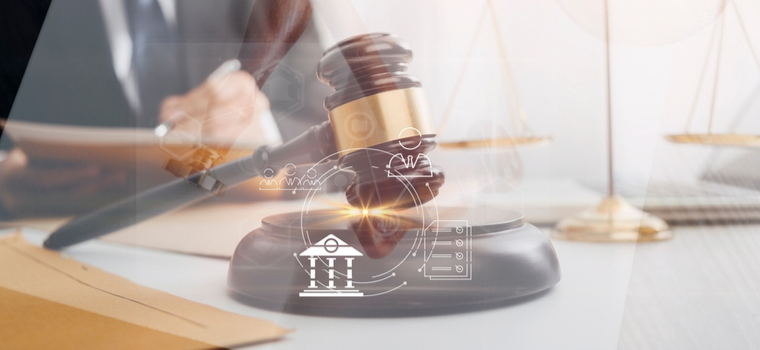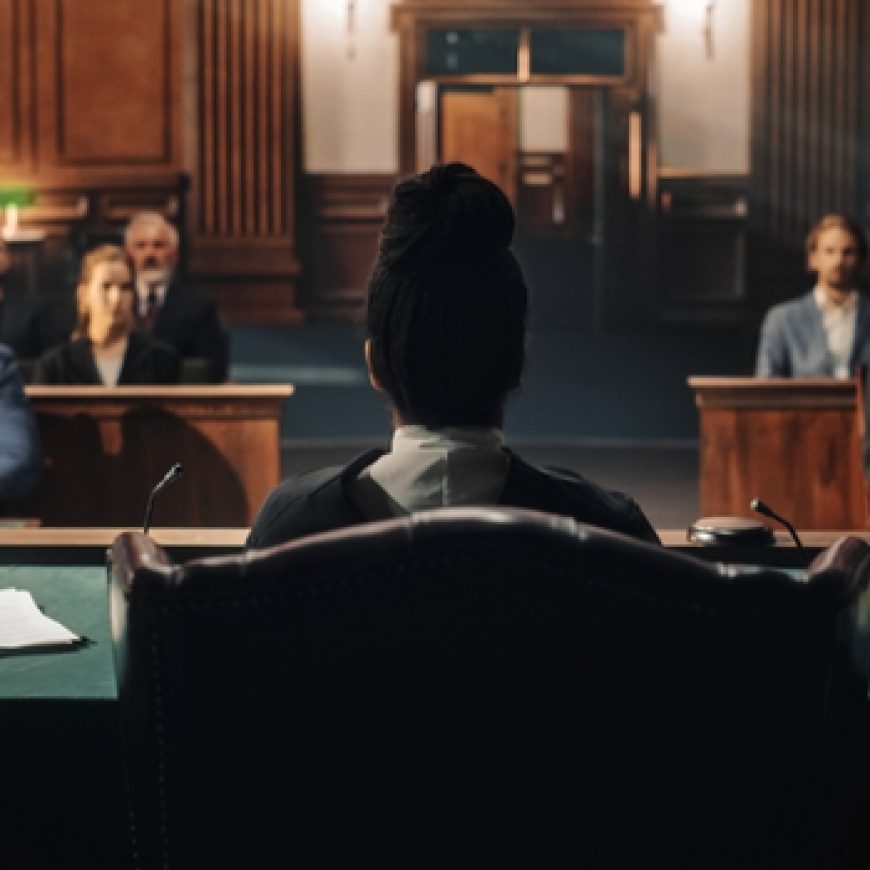When it comes to court decisions, should you aim for charges to be dismissed or dropped? Whether you’re navigating the legal system yourself or supporting someone who is, knowing the ins and outs of these terms is crucial.
Types of Criminal Defense
A criminal defense is a carefully planned defense strategy to challenge the prosecution’s evidence. The prosecution, which can be referred to as the People, the State, or in federal cases, the United States, is the party responsible for proving the criminal charges against the defendant. To secure a conviction, the prosecution must prove the crime beyond a reasonable doubt, which is a significant burden. This means they must provide evidence that proves every element of the crime to this high standard.
There are many defenses available in criminal charges, and a skilled criminal defense lawyer will be able to know which defense is best for your specific case. A defendant may argue, for example, that there are holes in the prosecution’s case or that evidence was gathered in violation of the defendant’s constitutional rights.
There are 14 specific types of criminal defenses we have identified on previous occasions:
- Insanity Defense
- Self-Defense
- Duress
- Alibi
- Entrapment
- Necessity
- Mistake of Fact
- Legal Error
- Consent
- Intoxication (Voluntary and Involuntary)
- Legal Duty
- Statute of Limitations
- Double Jeopardy
- Defense of Others
Read more about the different types of legal defenses in criminal law.
Reasons Why Charges May Be Dropped
The prosecution can drop a charge before or after it has been filed with the court. There are several reasons why this might happen:
- Insufficient Evidence: Sometimes, the prosecutor decides there’s not enough strong evidence to move forward with the charge. This might be their own conclusion or the result of persuasive arguments from a skilled defense attorney.
- Fourth Amendment Violations: If evidence was obtained illegally—like without a search warrant—the prosecutor might drop the charge. They know that evidence obtained in violation of the defendant’s constitutional rights won’t hold up in court.
- Procedural Issues: Technical errors can lead to dropped charges. Police must follow strict procedures when arresting, booking, and detaining a suspect. Violations, such as coerced confessions or denying the right to an attorney, protected under the U.S. Constitution’s Fifth and Sixth Amendments, can result in charges being dropped.
- Resource Issues: Prosecutors, like all government workers, have limited resources. They may have to prioritize cases, focusing on the most serious offenders, which can lead to some charges being dropped due to resource constraints.
- Willingness to Cooperate: If a defendant is willing to cooperate with law enforcement, the prosecutor might drop the charges. This could include acting as an informant or testifying against another defendant.
In all of these cases, charges dropped by the prosecutor are a result of prosecutorial discretion. This roots in the fundamental idea that limited law enforcement resources must be allocated as officials feel will do the most good for the greatest number of people as well as for the criminal justice system.
Reasons Why Charges May Be Dismissed
Many of the reasons for dismissing charges are similar to those for dropping them. However, a key difference is that charges are typically dismissed at a later stage in the prosecution process, often by a judge in addition to a prosecutor.
Why does this happen? It usually comes down to issues like weak evidence, unavailable witnesses, or illegal tactics used to gather evidence or make arrests. When these problems arise, the prosecutor or judge may decide that the case isn’t strong enough to proceed. Additionally, dismissing such cases can serve as a deterrent against police misconduct, ensuring that poorly built cases don’t make it to court.
Pros and Cons of Charges Dropped vs. Dismissed
When comparing dropped charges to dismissed charges, dismissal tends to be more favorable. Charges dropped by the prosecution can be reinstated later, especially if new evidence emerges. This uncertainty can be stressful for the defendant, as they never know if the charges might resurface.
In contrast, dismissed charges usually stay dismissed permanently. This provides the defendant with more certainty and allows them to move forward with their life without the constant worry of the charges coming back.
Don’t Leave Your Future to Chance. Partner with the Right Attorney for Your Case.
Facing criminal charges can be an overwhelming and stressful experience, and having the right attorney by your side can make all the difference. When you’re accused of a crime, it’s crucial to have the best criminal defense attorneys who possess the knowledge, skills, and dedication to fight for your rights.
At the Law Offices of Seth Kretzer, we understand the stakes and are committed to providing top-notch legal representation. Our team of experienced appellate attorneys will tirelessly advocate on your behalf, ensuring that you receive the best possible defense.
Partner with an attorney who has a proven track record and a passion for justice. Contact us for a consultation today to learn more about how we can help you navigate this challenging time and work towards a favorable outcome in your case.




